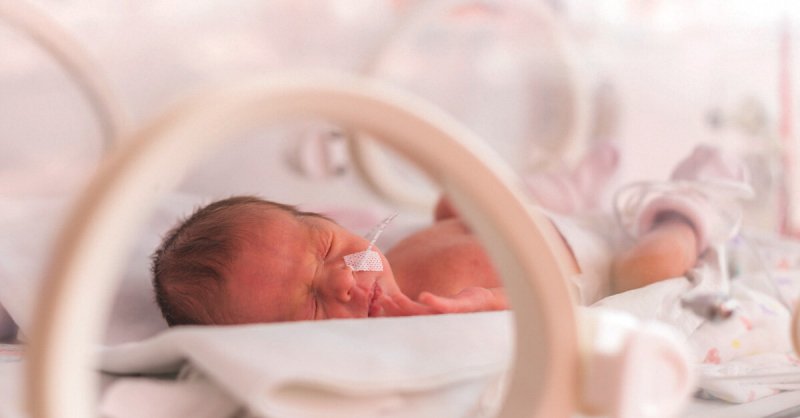Scientists have grown “mini placentas” in a breakthrough that could transform research into the underlying causes of miscarriage, stillbirth and other pregnancy disorders.
The tiny organoids mimic the placenta in the early stages of the first trimester and will be used to understand how the tissue develops in healthy pregnancies, and what goes wrong when it fails.
The mini placentas are so much like the real thing they can fool over-the-counter pregnancy tests. “If we put a pregnancy stick into the medium from the organoids it reads ‘pregnant’,” said Ashley Moffett, a senior researcher on the team and professor of reproductive immunology at Cambridge University.
…
The Cambridge team grew the organoids in their laboratory using cells from frond-like structures called villi which are found in placental tissue. The cells organised themselves into multi-cellular structures capable of secreting the proteins and hormones that affect the metabolism of the mother during pregnancy.
The organoids range in size from a tenth of a millimetre to half a millimetre. They can be frozen and stored and then thawed out when needed.
…
Other work will investigate the hormones and proteins secreted by the organoids as they grow, with a view to identifying substances that could provide an early warning that the placenta is not working properly. “These women could be followed more closely,” said Moffett. Details of the research are published in Nature.
Read full, original post: Lab-grown placentas ‘will transform pregnancy research’































